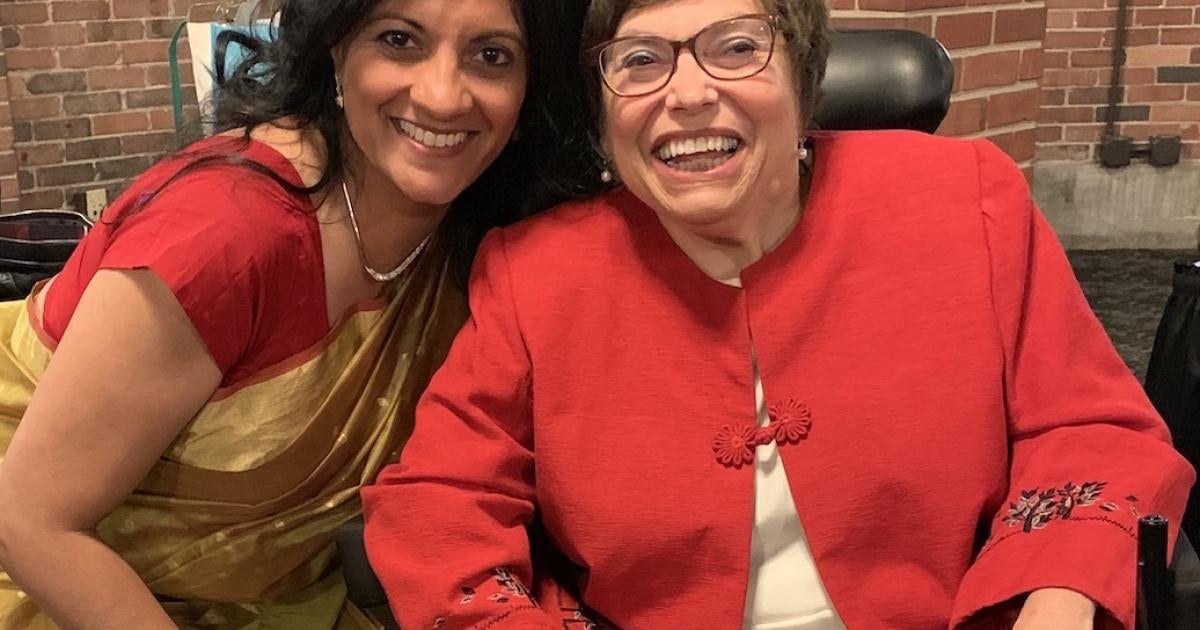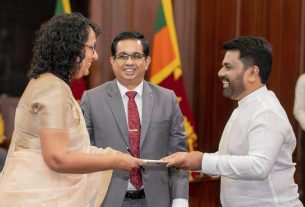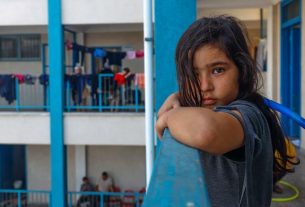As we mark the signing of the Americans with Disabilities Act (ADA) this week in 1990 and the 10th anniversary of Human Rights Watch’s work on disability rights this year, I think about the trailblazer Judy Heumann, who influenced both milestones.
Judy, who passed away in March, was a pioneer in the disability rights movement. A member of Human Rights Watch’s Board of Directors, she reminded us that disability is the one family anyone can join at any time. There are more than one billion people with disabilities worldwide – one in seven people. They are our relatives, friends, neighbors, and colleagues living with physical, sensory, intellectual, and psychosocial disabilities, visible and invisible. Some we are born with, others we acquire at some point in our lives. Disability rights should matter to all of us.
Judy was a teacher, and one of the many lessons she gave us was: Demand what you believe in.
She emphasized the importance of empowering people with disabilities to be agents of change, transforming communities and attitudes. This is embodied in efforts like Deciding Is My Right, a coalition of organizations in Mexico led by people with disabilities, successfully pushing for the right to make decisions about one’s life, with support. This was a landmark victory for people with disabilities and older people, often stripped of their legal capacity or warehoused in institutions.
This issue was personal for Judy: Her parents – Holocaust survivors – were aware of the harms of institutionalization and rejected the doctor’s advice that she be sent to an institution after contracting polio at 18 months.
Just last week, a federal judge ruled Florida was in violation of the ADA by unlawfully segregating children with disabilities in nursing homes and failing to provide home- or community-based care.
Judy famously said, “When other people see you as a third-class citizen, the first thing you need is a belief in yourself and the knowledge that you have rights. The next thing you need is a group of friends to fight back with.”
As a mainstream human rights organization with a dedicated team working on disability rights, we are proud to be part of that group committed to amplifying the voices of people with disabilities. Over the past decade, we have grown from one researcher to a team of 13 across four continents. Together with our partners, we’ve contributed to real shifts in ending the practice of shackling people with psychosocial disabilities and more inclusive humanitarian response. There is much to celebrate and much more to do, as we demand what we believe in: a world where people with disabilities and older people enjoy equal rights and dignity.



